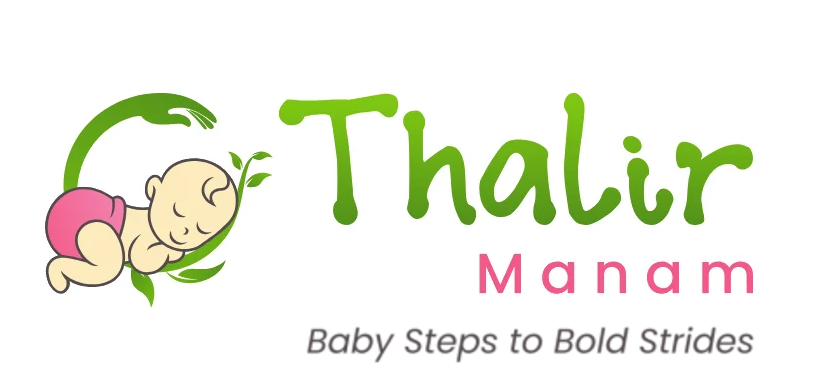
06 Jan Early Intervention Programme
What is EIP?
The Early Intervention Programme (EIP) is a holistic and comprehensive programme specially designed intervention programme that supports infants, toddlers and young children with developmental delays, academic and behavioural difficulties. The program mainly includes kids from birth to 5 years of age harnessing the neuroplasticity of the brain and reinforcing neural pathways.
It is beneficial for babies born prematurely or NICU graduates (who have spent time in the NICU) and High-Risk Infants.

Early intervention is critical as the experts say it takes four times as long to intervene a child in grade 4 as it does take for a child in late kindergarten because of the brain development in the early formative years.
The Mantra for early intervention is “sooner the intervention better is the outcome”
For Whom?
The EIP is intended for children who are in need of extra support in the domains of Motor (Gross and Fine) sensory integration, speech and language delay (both expressive and receptive), social skills to develop their skills and interact with their peers and adults appropriately, activities of daily living and cognitive training involving improving attention, problem solving and executive functioning. The focus of improvement is incorporated into all the areas of development and to tap their potential.
What does it involve?
Right from birth, EIP includes for kids with neurological disorders Cerebral palsy, Autism, ADHD etc., Neuromuscular conditions (Spinal muscular atrophy, muscular dystrophy etc.), Specific learning disorders like dyslexia, dysgraphia dyspraxia and Intellectual disability.
Individualized Education Plan (IEP):
Each child is unique and their individual learning needs have to be met with a specific tailor-made plan called IEP.
How is it different from regular schools and CDC?
- Specific objectives for each child
- Flexible and structured teaching
- Regular goal setting and review every 3 months
- OT, Speech, Behavioral modification therapy included in the regular school timetable with individual one to one attention and group therapy in a weekly basis.
EIP Team: The team is run by a Developmental Behavioural Paediatrician who takes the referral from Neonatologists, General Paediatricians, Playschools and schools.
- Physio therapist.
- A Child psychologist or psychiatrist
- A speech therapist.
- An occupational therapist.
- A hearing or vision specialist.
- A special educator.
Other kinds of specialists based on the child’s special needs.

Neuro Developmental Assessment:
It includes identifying children with developmental delay using various screening and diagnostic tools.
The Developmental Paediatrician assess all developmental areas (gross motor, fine motor, speech and language, academics, self-help skills, social and play skills to draw up a profile of strengths and challenges of the child, including the nature and reason for these challenges and create the right plan of action for the child’s difficulties.
Other features
- Parent support group
- Regular counselling and family therapy for parents and families with special needs.
- School shadow support and enrichment programme which helps children to integrate into mainstream school and gradually wean the shadow support.



Sorry, the comment form is closed at this time.